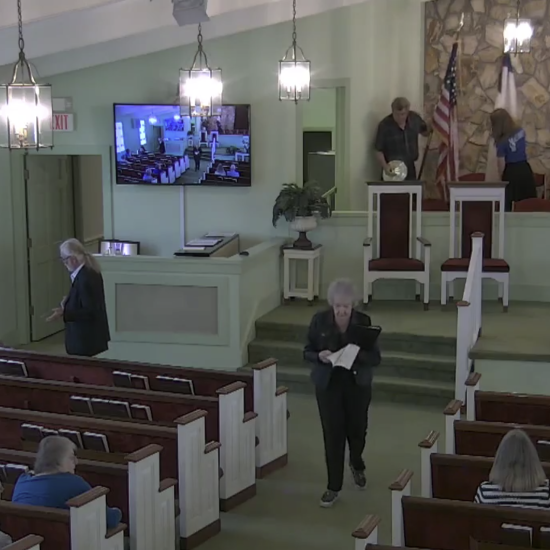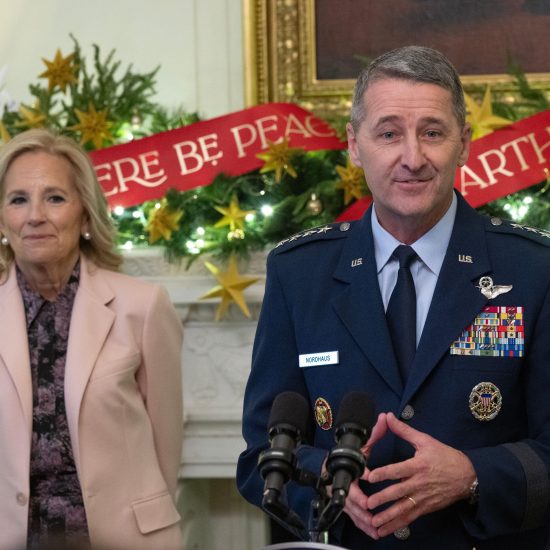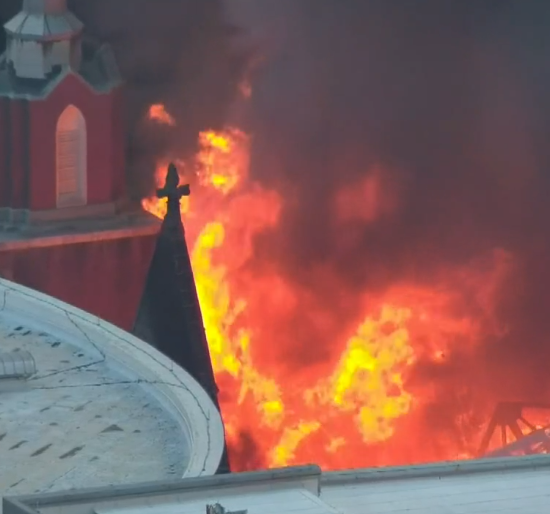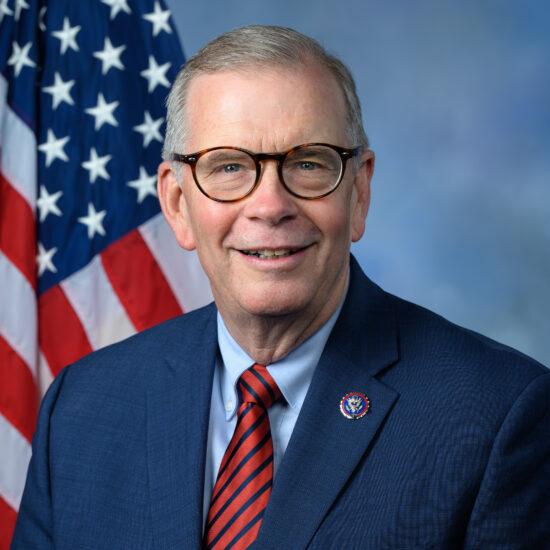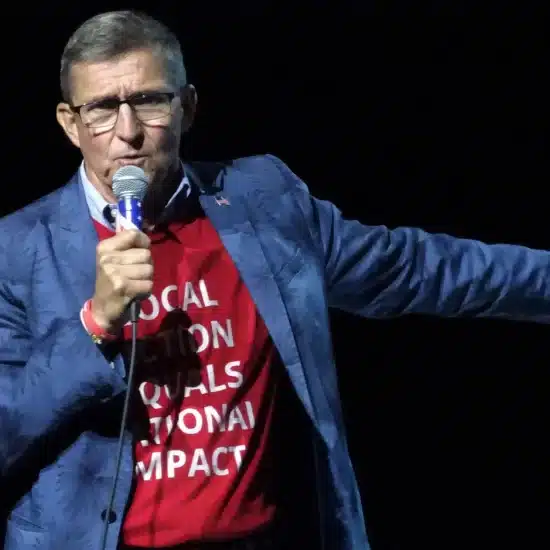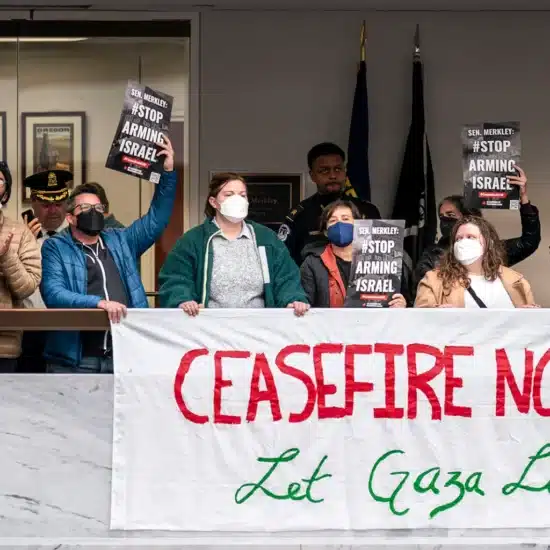FALLS CHURCH, Va. (ABP) — Baptist leaders hailed a pledge by top leaders of Nagaland's three rival political factions to cease hostilities that have for decades beset the heavily Baptist state in northeastern India.
John Sundquist, retired director of International Ministries for American Baptist Churches USA, and Daniel Buttry, American Baptists' global consultant for peace and justice, joined Ken Sehested, founding director of the Baptist Peace Fellowship of North America and Raimundo Barreto of the Baptist World Alliance in an open letter saying the four were "beside ourselves with joy" at the outcome of a Sept. 18 summit meeting in the Nagaland city of Dimapur.
Barreto, director of the BWA division of justice and freedom, also joined BWA General Secretary Neville Callam in welcoming the peace accord signed by political leaders after meetings brokered by the Forum for Naga Reconciliation, a group of organizations and tribal bodies formed in 2008 to urge underground factions to cease hostilities that have killed more than 2,330 people in Nagaland since 1992.
Baptists have long tried to help broker peace between armed political parties with differing ideologies and different visions for the Nagaland's future. Due to the influence of Christian missionaries during British rule, Nagaland is 90 percent Christian. Three-quarters of the Christians are Baptists, earning Nagaland the distinction being known as the only predominantly Baptist state in the world.
Political conflict involving the Nagas, tribal people groups that were largely isolated from each other before the British colonial era, dates to 1947, when the Naga National Council declared independence. India sent troops to restore order, and in 1963 Nagaland was named a self-governing state in the Indian union. A flawed peace agreement between India and Nagaland in 1975 led to division among the Nagas that turned as bloody as the conflict with India.
The National Socialist Council of Nagaland formed in 1980 with a goal of establishing a socialist Christian state in Nagaland. That group divided in 1988 into the National Socialist Council of Nagaland-Khaplang (NSCN-K) and National Socialist Council of Nagaland-Isak/Muivah (NSCN-IM), accompanied by violence between the two factions.
Leaders of the three groups at the Sept. 18 summit committed themselves to "working out our differences" as outlined in a "Covenant of Reconciliation" containing action steps for reconciliation. They further pledged "cessation of all forms of hostilities, including any territorial expansion."
Sundquist, Buttry, Sehested and Barreto praised the Forum for Naga Reconciliation, for working "tirelessly and courageously to orchestrate these discussions."
"Most of us of us have spent many hours with your various leaders over the past 15 years," the letter said. "We know something of the path of tears and the tangle of fears you have endured. The peace you have waged has come at a great cost."
Wati Aier, principal of the Oriental Theological Seminary in Dimapur, Nagaland’s main commercial city, was elected interim convener of the reconciliation forum. A past vice president of the Asia Pacific Baptist Federation, one of six regional fellowships of the Baptist World Alliance, Aier has been working on the reconciliation process for about 20 years.
The Forum for Naga Reconciliation released a statement calling the historic meeting "the beginning of a new phase of Naga Reconciliation."
"While recognizing that the Naga political groups will need to engage and transcend difficult issues between them, the Forum for Naga Reconciliation is encouraged by the positive attitude shown by the leaders and we urge them to continue displaying wise and courageous leadership for Naga Reconciliation," the group said..
Callam, who praised the Nagas for progress in their reconciliation efforts in his address to the Baptist World Congress this summer in Hawaii, said in his letter that he and Barreto were "greatly encouraged" by news coming out of the September summit.
"We appreciate the symbolism of this covenant, and the impact it might have among the Naga people," they said. "We also understand that any process of reconciliation and healing needs to be nurtured every day. We urge those who signed the covenant to remain committed to this reconciliation as it will make a lasting impact in the lives of their people."
The Baptist World Alliance took part in a meeting in Chaing Mai, Thailand, in June 2008, one of several peace meetings in the past that failed.
Sehested, Sundquist and Buttry helped broker mediation talks in Atlanta in 1997 and have continued to work for reconciliation between Naga groups.
Sehested, who is now co-pastor of Circle of Mercy Congregation in Asheville, N.C., writes about attending a June meeting of the Naga Forum for Reconciliation in an upcoming issue of the Baptist Peacemaker, the Peace Fellowship’s magazine.
-30-
Bob Allen is senior writer for Associated Baptist Press.

